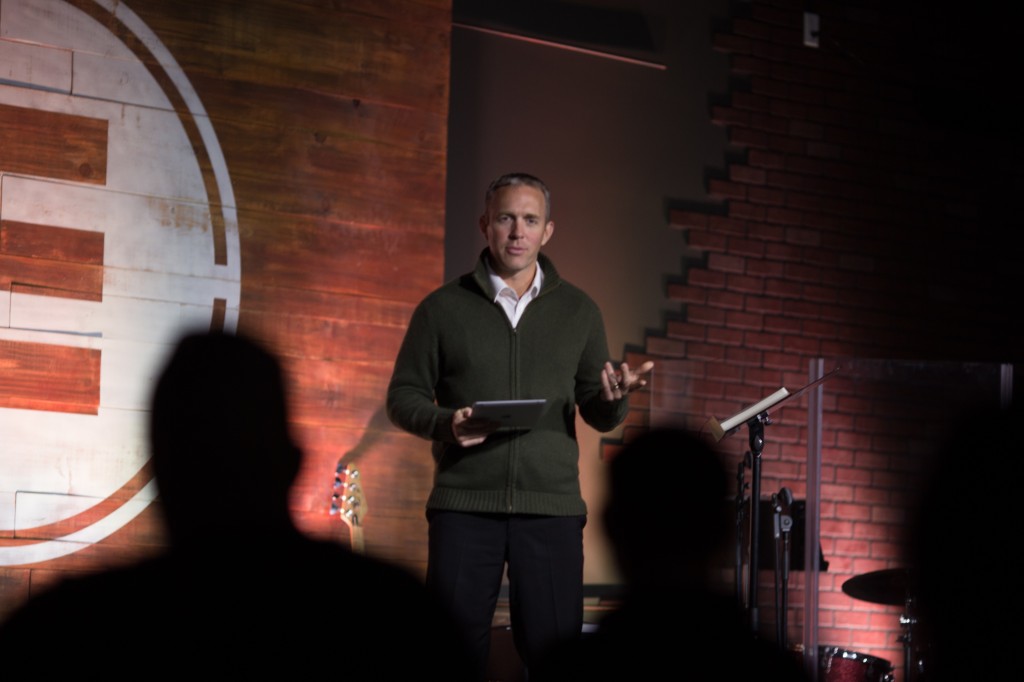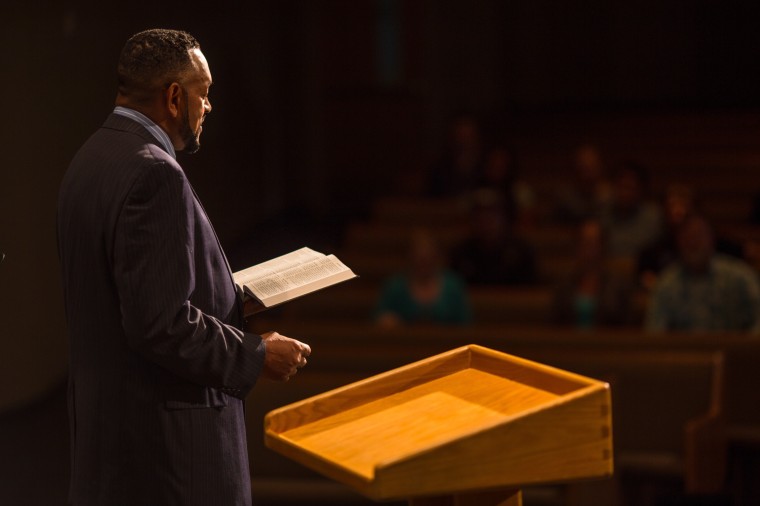I didn’t expect the grief of lost friendships. I suppose I should have because it just makes sense. But I didn’t. My mind was steeled for the family difficulties that we would surely face after uprooting and moving a couple of hundred miles away, and the thousand moving parts that come with two major church transitions. I lamented and prayed for the hurt that other people felt at our leaving, and I worked to make room in my heart for all the new people I was meeting and befriending. I didn’t expect to personally struggle.
But I have.
It has been eight months now, and I still feel the emptiness and sadness of relationships that I cherished that now are in the wind (or seem that way, at least). Did I assume that those friendships would always be? That the move wouldn’t affect them? That in our day of connectedness and social media, maintaining friendships is less of a concern?
I’m not sure what was going through my mind. But now I know that this is a significant part of a pastoral transition - or possibly any transition. We will grieve lost relationships, and maybe learn a bit about life (and God) as we do.
Here are the five big lessons that I am learning as I continue to process this, posted with the hopes of being helpful to someone going through something similar. Or maybe posted just because writing helps me process; I dunno.
Don’t Give Up on Friendships or on Friendship
It is tempting to just give up and move on. When you feel like people are done with you, it is tempting to be done with them. But we should resist that temptation. Life is too short, and friendship is too precious to just give up. With patience and prayer, continue to extend love and make only the best assumptions about your friends. A season of distance isn’t necessarily the end of a friendship. So, don’t give up on friendships.
And, even more importantly, don’t give up on friendship! I already struggle so much with friendship, and “losing” so many at once makes it tempting to just give up and determine to keep people at arm’s length from here on. Why go to the work of making new friends, if one day you might be at this point again with these new friends?
Because it is truly, as the sappy cliche goes, better to have loved and lost than to never have loved at all! To have friends that you may one day lose is far better than not having friends. Friendship is a sweet blessing from the Lord. So don’t let the hurt you feel keep you from pressing into new friendships.
Trust the Lord with Your Heartache
Second, trust the Lord with your hurts. Lament what you have lost. Pray for his comfort, and trust him with all of this. Be anxious for nothing, but in everything (including friendships!) by prayer and supplication with thanksgiving make your requests known to God… Turn to him. Don’t just stay in your head over this, take it to your heavenly Father. He is good! He cares! And you can trust him, even with the heartache you feel over lost relationships.
Remember that Friendships are Momentary
Third, remember that we live in an Ecclesiastes world. And seasons definitely change. We want what we love now to be forever, but the reality is that it is all so very temporary. As a pastor, I have wept with older saints grieving the loss of life-long friends who have died. They feel it! Friendship is momentary. A precious blessing now, that we should embrace and savor, but one that, like everything else in this world, is fleeting.
Earthly friendships are momentary. Remember that. And let that stoke in your heart a longing for what is eternal. For what will never fade with time.
Remember that God is Sovereign
Fourth, remember that God is sovereign over everything you are facing. This has been a balm to my soul. God is sovereign over my departure from one church and starting at another, and all of those strained relationships that went with it. This is all part of God’s good purposes for me and for them. He doesn’t make mistakes, and he is good. So let that truth carry the day in your heart, even as you lament what you feel are losses.
Remember Your Dearest, Most Enduring Friendship
Finally, remember the one friend that you have that will never leave you! In John 15:15 Jesus tells his disciples that now he calls them his friends. And the sense of that friendship is that he is dedicated to bringing us eternal joy. This is a friendship that endures! Nothing diminishes or destroys this friendship. It is forever secured for us by the cross and the empty tomb. Jesus is our friend.
Every healthy-but-frail friendship is a small taste of that enduring, everlasting friendship. Let those friendships point your heart to that one. Jesus calls us friends!
Still Learning about Pastoral Friendships, One Chapter at a Time
My wife thinks that I should write a book on pastoral friendship. I am sure she thinks this, not because I have such a great handle on friendship, but because this has been a rather difficult theme for me (for proof, only a year ago I wrote this post on Friendship Conundrums). I’m still learning and growing and wanting the Lord to teach me through this. I am doing this learning one chapter of life at a time.
When (if?) I get my mind around friendship better, I might follow my wife’s advice and pick up my pen. Until then, I will just work to keep my eyes on my Friend, and on my friends too!






 Through the years, I’ve received more than pleasure from reading J.R.R. Tolkien’s books. He had a deep and keen and helpful insight into life and human nature. Take, for instance, the dialog between Gandalf and Bilbo at the beginning of The Hobbit. Gandalf makes it known that he is looking for someone with whom to share in an adventure. Bilbo’s reply:
Through the years, I’ve received more than pleasure from reading J.R.R. Tolkien’s books. He had a deep and keen and helpful insight into life and human nature. Take, for instance, the dialog between Gandalf and Bilbo at the beginning of The Hobbit. Gandalf makes it known that he is looking for someone with whom to share in an adventure. Bilbo’s reply:

 Every pastor knows how this feels because it happens every.monday.morning.
Every pastor knows how this feels because it happens every.monday.morning.